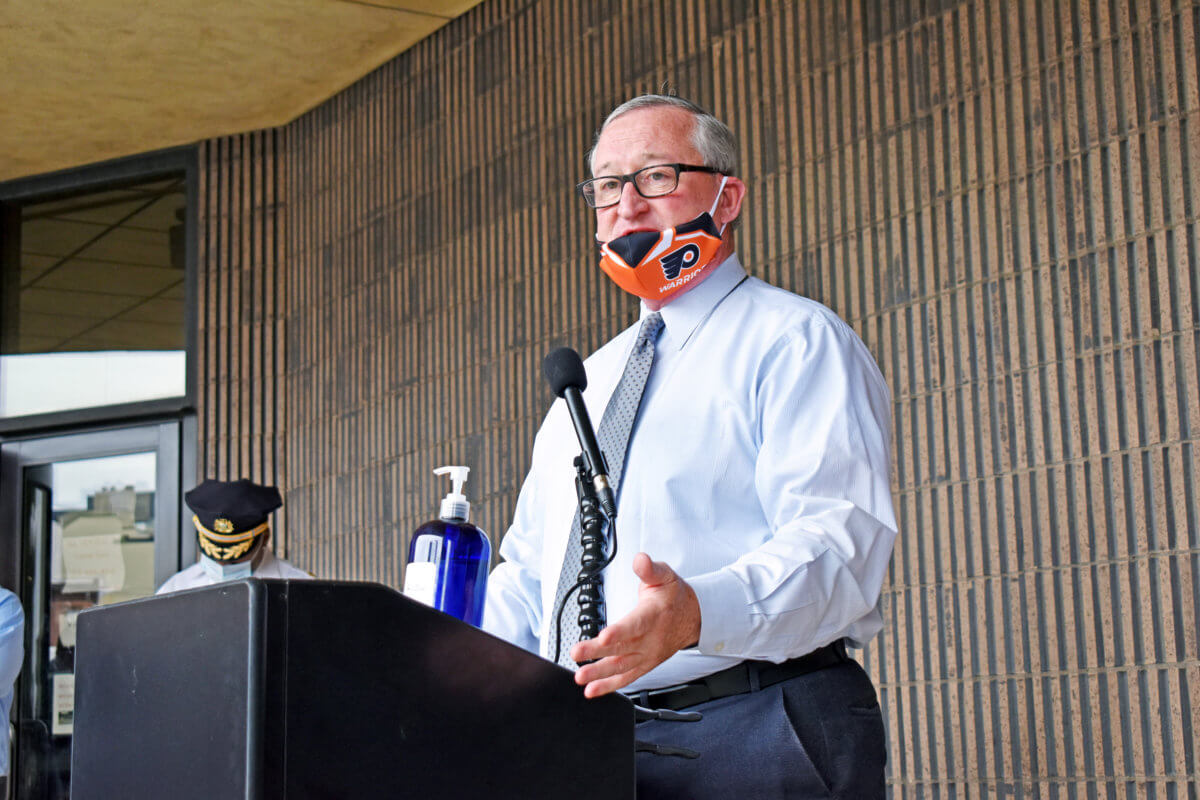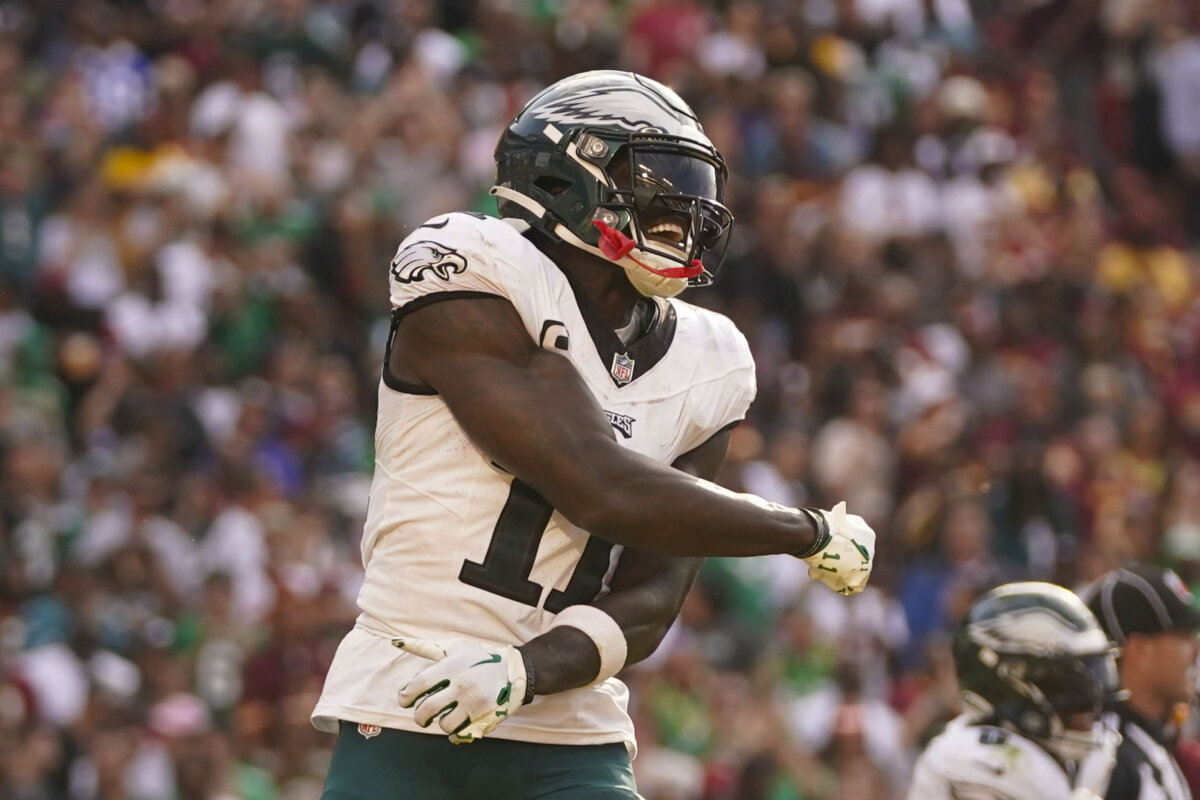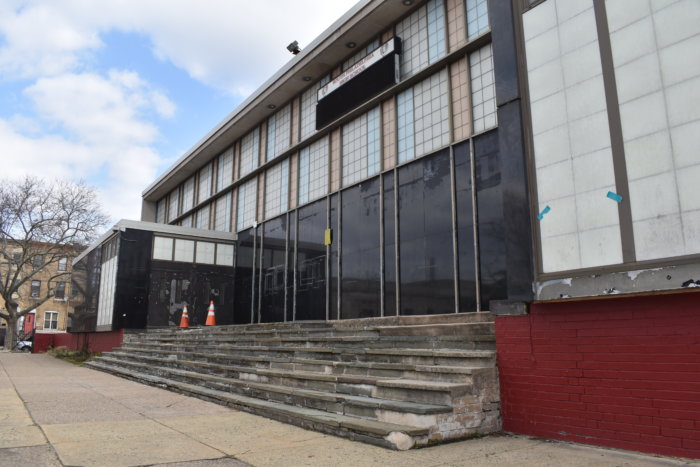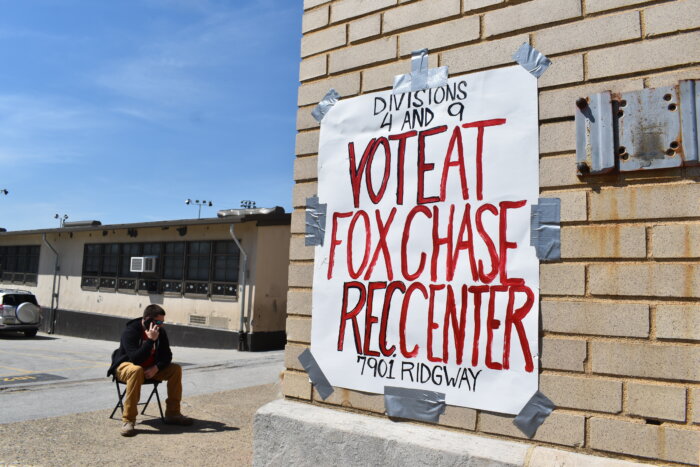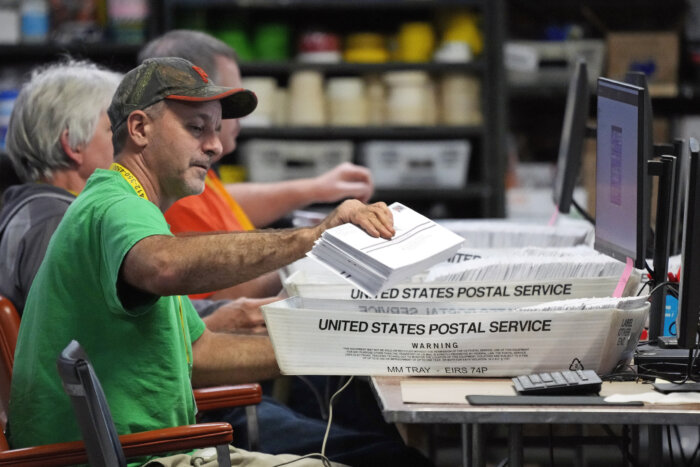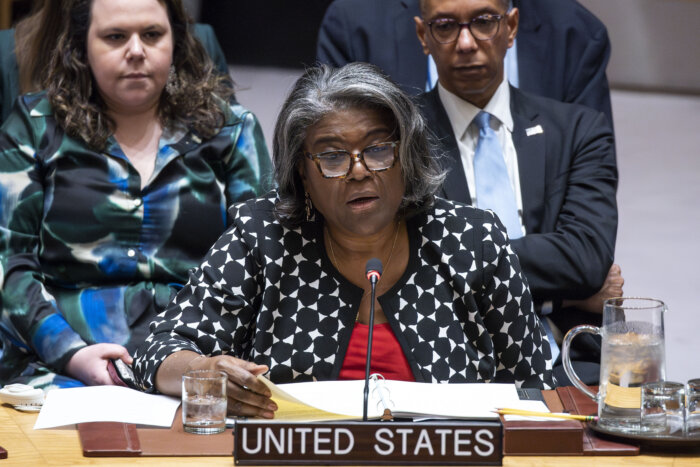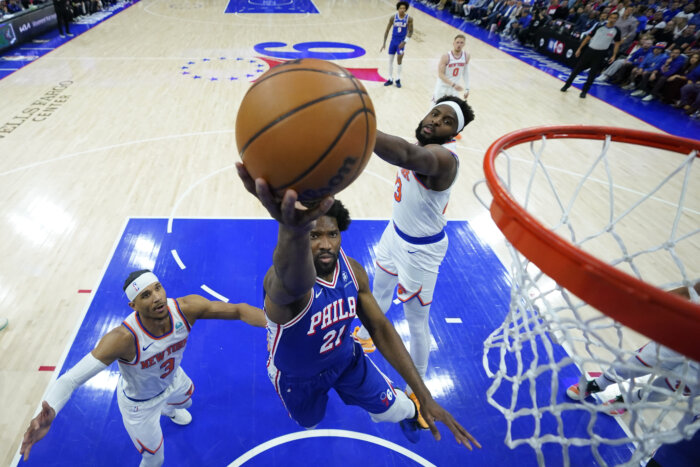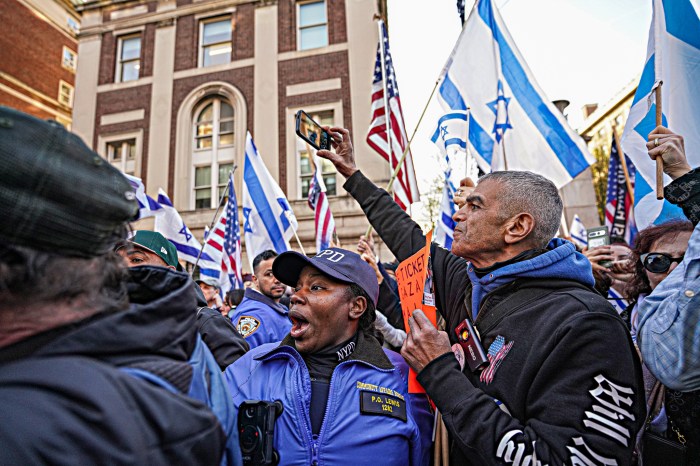No festivals, parades or carnivals will be allowed through February due to the ongoing COVID-19 pandemic, city leaders said Tuesday.
Block parties, a summer staple in Philadelphia, will also be banned until further notice.
The moratorium will be applied to any events with an expected attendance of more than 50 people on public property. Such gatherings require city permits or special agreements.
Mayor Jim Kenney said it was a “difficult decision to make.”
“To bring people together in large groups in this resurgent time would not be responsible and that’s why we’re doing what we’re doing,” he added.
Protests, recreational activities and events on private property, including performance venues and stadiums, are not covered by the order, and neither are outdoor gatherings that are not advertised to the public, like outdoor weddings and family picnics.
Officials believe event coordinators will comply and that strict enforcement won’t be necessary. Managing Director Brian Abernathy said those he spoke with weren’t surprised, and some were relieved.
For the first time since the Great Depression, the Mummers Parade will be canceled. The Philadelphia Mummers String Band Association said in a statement that it supports the city’s decision.
“While we will miss performing for our fans and residents of Philadelphia, the String Band Association does not want to contribute to the spike in cases in any way,” the group said.
Organizers said they are working to develop a Mummers showcase that will be televised on New Year’s Day.
Some professional sports leagues are preparing to resume play, and, though the moratorium doesn’t cover games at the South Philadelphia sports complex, officials indicated that fans would not be permitted in the near future.
Health Commissioner Thomas Farley said he doesn’t think spectators should be permitted this year and that it was even too early to tell if fans could return in 2021. The city’s current guidelines restrict games to players and coaches.
The seven-month moratorium is scheduled to expire Feb. 28. Farley has maintained that some restrictions will remain in place until a vaccine is available for distribution.
“We’re certainly not going to be deploying a vaccine and free of this virus in January,” he said. “We would be lucky if we were starting to deploy at that time.”
Officials reported 148 new coronavirus cases in Philadelphia on Monday and six additional deaths, though some of the fatalities occurred days or weeks ago. Case counts, Farley said, have stabilized.
“Here in Philadelphia, we have not seen the rapid increase in cases that have been seen elsewhere yet, but clearly, from this evidence around the country, we are entering a dangerous period,” he said.
In nursing homes, where more than 50 percent of the city’s 1,637 COVID-19-related deaths have occurred, outbreaks have all but ended.
One new case a day is reported on average throughout the city’s 46 nursing facilities, officials said. About 80 percent of homes haven’t had a positive test in at least two weeks.
Jails, like nursing homes, are considered congregate living facilities where the virus is more likely to spread.
Philadelphia’s prison system seemed to have had infections under control, but last week, after one inmate tested positive, 65 others were tested and 25 were diagnosed with COVID-19 within a single unit, Farley said.
Officials said inmates with the virus have been isolated from the rest of the jail population.



